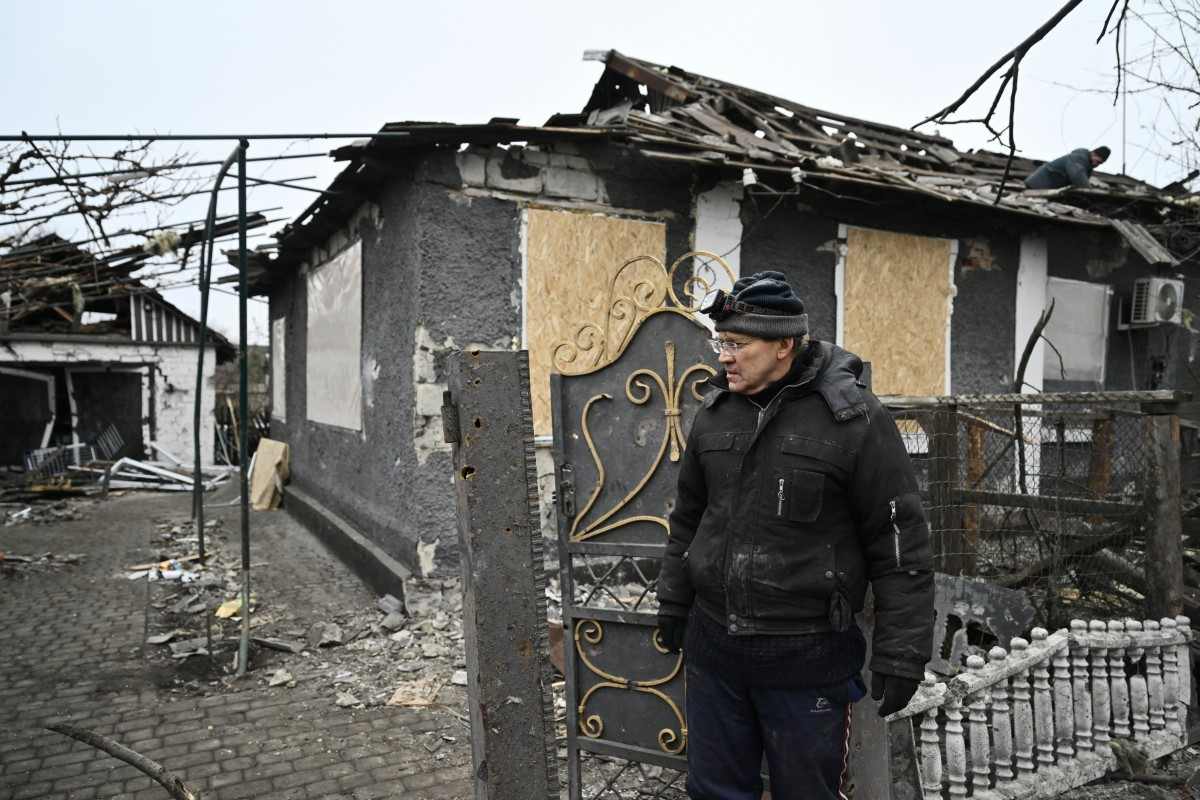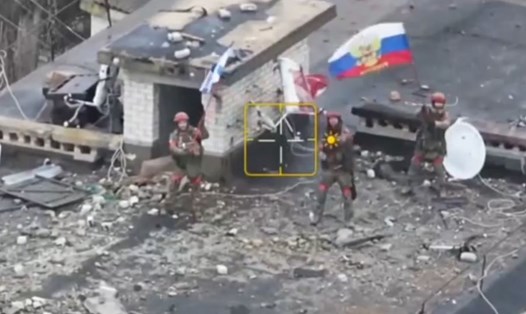Three years after launching a military campaign in Ukraine, Russian forces are tightening their siege on Pokrovsk, a key logistics hub in the eastern Ukrainian region of Donetsk. The city’s supply lines are at risk of being cut off, threatening to plunge eastern Ukraine into a critical situation.
Reuters commented that although Ukrainian forces are still holding out, the encirclement or fall of Pokrovsk could give Russia the advantage to advance in many other directions and increase pressure on Kiev at a crucial moment in the conflict.
Pokrovsk is important to both Ukraine and Russia in the current conflict.
For Ukraine, Pokrovsk is an important transport unit, connecting rail and road routes from western Ukraine to the frontline areas in Donetsk. The city serves as a military transit point, serving as a weapons, logistics and supply hub for the Ukrainian army.
If Pokrovsk falls, the Ukrainian army will lose a key defensive position, putting forces in the Donetsk region on the back foot.
After Avdiivka fell to Russia, Pokrovsk became an important Ukrainian regrouping and supply point in the region.
For Russia, Pokrovsk lies on the route from Avdiivka to Kostiantynivka and Sloviansk, the two major cities still in Ukrainian hands. Control of Pokrovsk would allow Russia to advance further into the Donetsk region, bringing it closer to its goal of taking over the entire province.
If it captures Pokrovsk, Russia could significantly disrupt Ukrainian supplies to the remaining forces in Donetsk.
Control of Pokrovsk would strengthen Russia's defenses and create a springboard for further attacks deep into Ukrainian-controlled territory.
Today, inside Pokrovsk, the picture is bleak. According to the regional governor, only 7,000 residents remain, compared to 60,000 before the conflict.

Russia has now advanced close to the vital railway line leading into the city. "The situation is very difficult, the enemy is constantly attacking," said the deputy commander of the 59th Ukrainian Brigade, nicknamed Phoenix.
Russia is adopting a different tactic from previous battles: small infiltrations rather than frontal attacks. Russian forces have deployed groups of three or four soldiers deep into Ukrainian territory, causing damage with anti-tank mines, while using less artillery than before.
If Pokrovsk falls, Russia could use it as a base to advance north or west, pushing into the Dnipropetrovsk region or advancing on Kostiantynivka and Sloviansk, the remaining major strongholds controlled by Ukraine, according to Carnegie Endowment expert Michael Kofman.
Faced with the city's fall, Ukrainian President Volodymyr Zelensky has put one of Ukraine's most senior generals, the commander of the army's ground forces, Mykhailo Drapatyi, in charge of a strategic command overseeing a large part of the front line, including Pokrovsk. General Mykhailo Drapatyi has experience commanding against Russia.
But Ukraine is facing great difficulties: its forces are exhausted, its morale is low, and desertions are high. Meanwhile, Russia is maintaining its offensive momentum despite also facing heavy casualties.
With US President Donald Trump pushing for a peace deal, Russia's partial control of the region could strengthen Moscow's position in future negotiations.







